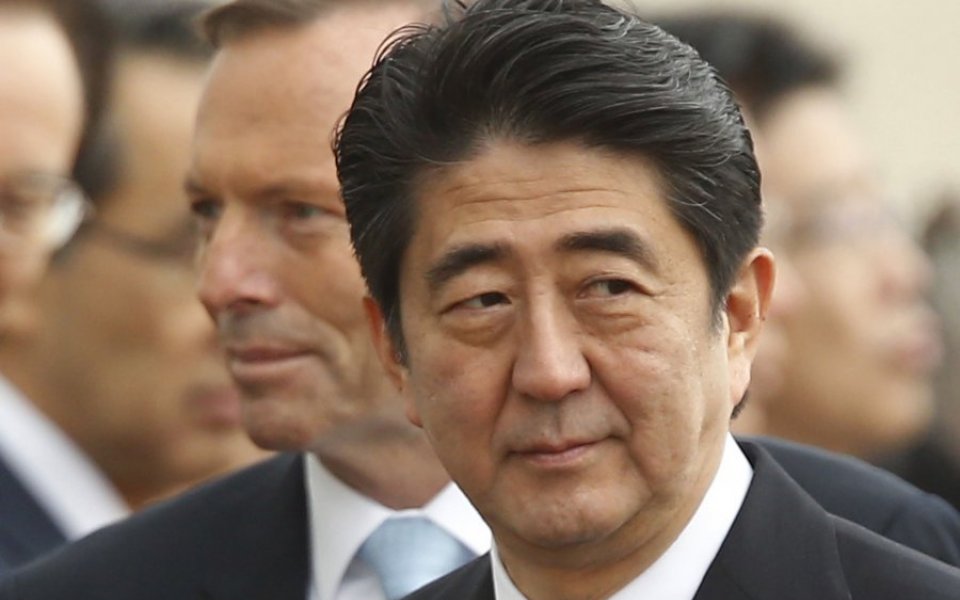Japanese government’s 10-year borrowing costs fall below zero for first time ever

Investors now have to pay a small fee to lend to the Japanese government.
The interest rate on Japanese government bonds – tradable IOUs – has fallen to minus 0.062 per cent today. It means after 10 years the government can pay back less than it borrowed initially.
Japan's shorter-term borrowing costs have already fallen below zero. The government managed to sell ¥ 2.2 trillion (£14bn) of bonds this morning with the average yield on the 10-year sales at minus 0.024 per cent. The market rate then dropped to minus 0.062 per cent.
The yield fell briefly below zero in February but this is the first time 10-year bonds have been sold at a negative yield at auction.
The fall in yields could be due to the Bank of Japan's decision to cut the interest rate it pays on new bank reserves to negative territory. It could also be a sign investors expect inflation to remain weak. If inflation is more negative than the interest rate, the amount goods and services that can be purchased when the money is paid back will have increased.